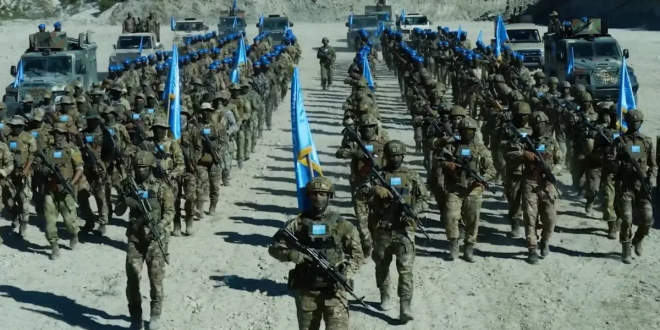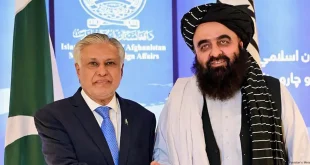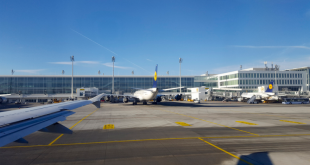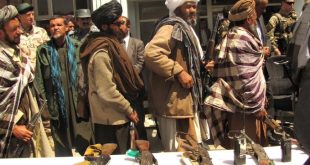KABUL – For over two decades, Uyghur separatist groups fought alongside the Taliban, providing financial aid and fighters. Now, as China deepens its influence in Afghanistan, this alliance is fracturing—pushing Uyghur militants toward the Islamic State’s local branch, ISKP, and raising new security concerns for Beijing.
The Taliban have historically provided shelter, education, and trade opportunities for members of the East Turkestan Islamic Movement (ETIM), also known as the Turkistan Islamic Party (TIP). In return, these Uyghur groups financially supported the Taliban, benefiting from complex regional financial networks, and supplied fighters. Reports from the former Afghan government identified TIP as a key foreign faction aiding the Taliban, particularly in the northern and northeastern regions.
However, since the Taliban’s return to power in 2021, China has rapidly expanded its role in Afghanistan. While the Taliban expected China to provide significant economic aid and political recognition, Beijing has instead focused on strategic investments, particularly in rare minerals such as lithium and uranium. Chinese companies, backed by state support, have sought exclusive deals while Beijing has also granted selective trade incentives, including tariff exemptions for Afghan exports.
In addition, China has provided political backing for the Taliban in international forums while encouraging Chinese tourism to Afghanistan. Meanwhile, Chinese state media promote a favorable image of the country, often showing Taliban fighters posing with Chinese tourists, even as Afghan women remain under harsh restrictions.
Despite this growing relationship, China has demanded that the Taliban suppress Uyghur militants who previously found refuge in Afghanistan. Under Beijing’s pressure, the Taliban have relocated TIP members from Badakhshan, a former stronghold near China’s border, to western Afghanistan. Mullah Abdul Ghani Baradar, the Taliban’s deputy prime minister for economic affairs, has publicly assured China that the Taliban “will never allow any force to harm China.”
Yet, this crackdown has caused deep frustration among Uyghur militants, some of whom are now seeking an alternative ally: the Islamic State Khorasan Province (ISKP), the Taliban’s most dangerous enemy. In October 2021, ISKP carried out a deadly suicide bombing at a Shia mosque in Kunduz, killing around 70 people. The attacker was identified as “Muhammad al-Uyghuri,” a deliberate message to Uyghur militants that ISKP welcomes them into its ranks.
Recent intelligence indicates that a TIP fighter, in coordination with ISKP, was responsible for the killing of a Chinese worker at a gold mine in Takhar province. Sources suggest that ISKP and TIP leaders have formed an informal pact—Uyghur militants will carry out attacks on Chinese citizens and assets while ISKP takes official responsibility, allowing both groups to benefit.
Meanwhile, Uyghur civilians in Afghanistan fear they may be forcibly deported to China at Beijing’s request, where they could face imprisonment or execution. Many had fled to Afghanistan to escape China’s harsh repression in Xinjiang but now find themselves caught in an uncertain and dangerous situation.
Despite ongoing tensions, China’s influence in Afghanistan continues to grow. Since the U.S. withdrawal in 2021, Beijing has steadily expanded its political, economic, and security footprint, capitalizing on the power vacuum left behind. While $21 billion in U.S. humanitarian aid has been provided to Afghanistan through international agencies, the Trump administration’s decision to halt most foreign assistance has left the country increasingly dependent on China.
To maintain Chinese support, the Taliban may intensify their crackdown on TIP militants. However, rather than eliminating the Uyghur threat, this move is likely to push them further into the arms of ISKP—creating a new and unpredictable challenge for both the Taliban and China.
 Afghanistan Times
Afghanistan Times




